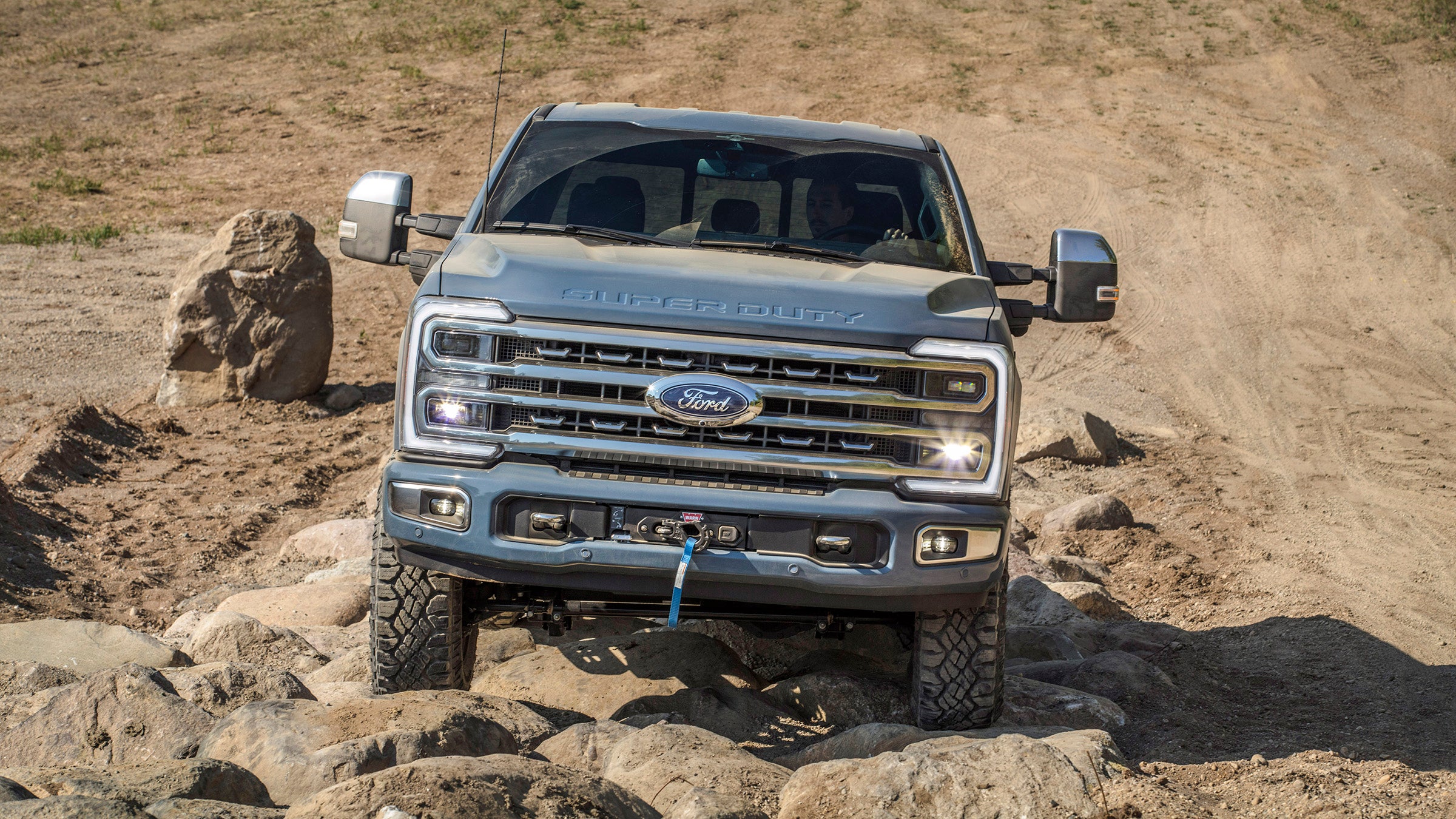The manufacturers set up 1/2 tons to ride and drive nice with no load, because that is how most people use them. Wheel, tire, and suspension upgrades make a world of difference in the ability to safely handle a load.
GVWR isn't a legal limit as far as the owner vs law/government is concerned. It's the manufacturers liability and warranty limit on the stock vehicle vs the owner. If you mod it (which we all do) they can deny liability or warranty on anything related to the modified parts. If you lose control of your vehicle you are liable regardless, but if it is modified or over GVWR, you'll have a tough time pinning any blame on the manufacturer. GVWR is a "black box" because they can set it wherever they like. It isn't based on test standards, except for HD trucks which have a handful of criteria to meet, and those are pretty bogus.
Where safety is concerned, stopping (single panic stop) and handling (quick maneuver or slalom) should be the main criteria I think. I investigated the stopping part, because IMO this is the most important... and what I found is that heavy vehicles take longer to stop. Even unloaded, a 1 ton will take longer to stop than a 1/2 ton because it is heavier. A big truck or RV will take ~2x the distance of a pickup... and little cars will stop a lot quicker than pickups. No matter how good your brakes are, weight and traction will be limiting factors. It may come as a surprise that the perfectly legal vehicles populating the roads have vastly different stopping abilities. The same goes for handling. There is no "standard". The tall, heavy, high CG vehicles will flip over a lot more readily than a typical car. Now hook up a big trailer and see how well you can maneuver! An 85 year old with poor eyesight, no reflexes, normal DL, and no practice driving anything bigger than an SUV, can buy a huge land yacht and hook up a trailer and hit the road. Perfectly legal.
Bottom line is... use a little sense, know your vehicle's stopping and handling limits, and drive within them. And also keep an eye out for what's behind or next to you, not just what is in front.

